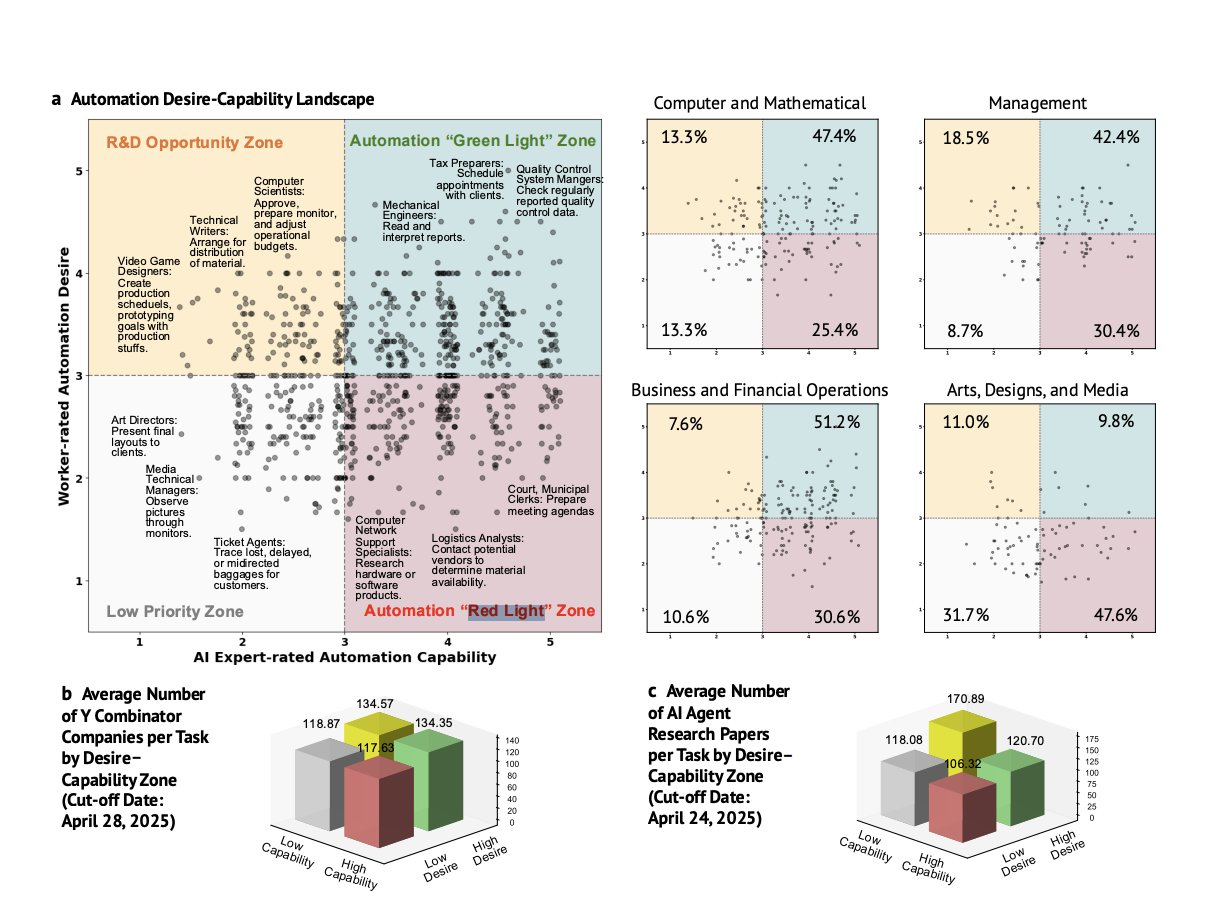Wisereads Vol. 96 — Lean Learning by Pat Flynn, Fernando Borretti on managing ADHD, and more
Last week, we featured an exclusive special edition of David Kadavy's magnum opus, Mind Management, Not Time Management. This week, we're excited to share a preview of Pat Flynn's recent release: Lean Learning, a guide for lifelong learners ready to cut through the chaos and start making real progress.
Keep reading to add to your Reader account below 👇
Most highlighted Articles of the week

How we built our multi-agent research system
Anthropic unpacks how their research system uses an orchestrator-worker model—where a central agent delegates tasks to specialized agents—to explore the promise of scalable, multi-agent intelligence. "Once intelligence reaches a threshold, multi-agent systems become a vital way to scale performance. For instance, although individual humans have become more intelligent in the last 100,000 years, human societies have become exponentially more capable in the information age because of our collective intelligence and ability to coordinate. Even generally-intelligent agents face limits when operating as individuals; groups of agents can accomplish far more."

A receipt printer cured my procrastination
When it comes to first-person shooter games, Laurie Hérault can lock in for hours with zero distractions or procrastination. So he borrowed what makes games addictive and applied it to work: breaking tasks into sticky-note-sized challenges. "You need to personally enjoy the type of game, and the challenge must match your skill level. If it's too easy or too hard, you won't be hooked... When all these elements come together, each game loop gives you a small dose of dopamine and creates a state of flow. In this state, we're fully focused, we lose track of time, and it's easier to handle complex tasks."

Notes on Managing ADHD
Fernando Borretti shares practical strategies for living with ADHD, from using accountability and lists to structuring priorities around daily energy patterns. "To me, energy is less like a battery and more like voltage... And when I wake up I have the highest possible voltage, and throughout the course of the day the voltage declines. And that’s the key difference from spoon theory: spoons are fungible across time, voltage is not. For each category of activity, there is a span of the day when I can action it."
Most highlighted YouTube Video of the week

The biggest myths about emotions, debunked
Emotions are your brain’s predictions, not reactions, explains author and Northeastern professor Lisa Feldman Barrett. The scaffolding for how your brain creates emotions is built in infancy and childhood, but it’s never too late to teach your brain new patterns. "The fact that emotions don't happen to you—that your brain is making them—and that your brain is using your past experience as fodder for predicting what's going to happen, has really big implications. The first really big implication is that you are an architect of your experience, and that doesn't involve breaking predictions. It involves seeding your brain to predict differently."
Most highlighted Twitter Thread of the week

BREAKING: Stanford just surveyed 1,500 workers and AI experts
Summarizing key insights from Stanford’s Future of Work with AI Agents, Ruben Hassid highlights that workers want AI as a teammate or assistant, not a replacement. "Here's what workers actually said they want: 'Automate the task so I can focus on high-value work' - 69.38% 'Handle the repetitive stuff' - 46.6% 'Reduce stress and mental drain' - 25.5%"
Most highlighted PDF of the week
Your Brain on ChatGPT: Accumulation of Cognitive Debt when Using an AI Assistant for Essay Writing Task
MIT research scientist Nataliya Kosmyna and her team studied 54 students to examine how different writing aids—LLMs, search engines, or unaided “brain only” effort—affect brain activity during academic essay writing. EEG analysis revealed a trend: "Brain connectivity systematically scaled down with the amount of external support: the Brain‑only group exhibited the strongest, widest‑ranging networks, Search Engine group showed intermediate engagement, and LLM assistance elicited the weakest overall coupling. Activations and connectivity were the most prominent in the Brain-Only group, which consistently exhibited the highest total dDTF connectivity across alpha, theta, and delta bands, particularly in temporo-parietal and frontal executive regions."
Hand-picked book of the week

Lean Learning
In a world overflowing with information, success depends not on what you know, but on how you use it. In Lean Learning, digital entrepreneur Pat Flynn shares practical tools to help you turn knowledge into action and move toward your goals with greater clarity, purpose, and momentum.
"Remember that a spark alone cannot start a fire; it needs a lot of reinforcement to be fanned into flame. Think of your initial actions as kindling for your spark, carefully chosen and positioned to help your flame catch and grow. When we move from passive inspiration to active curiosity, we are no longer just spectators in this adventure of learning. We are in the game now, taking action—not just learning, but doing."
We're thrilled that Pat is generously sharing the first chapter of Lean Learning with Wisereads readers. If you enjoy the sample, you can purchase a full copy here, available now. 🎉
Handpicked RSS feed of the week

Existential Espresso
Internet persona Recovering Overthinker offers guidance for ambitious but anxious minds in their Substack, covering topics from anxiety and self-doubt to Stoicism and Jungian psychology. From One Question that Will Help You Become Consistent: "'Can I keep doing this, in the same way, for a year?' That’s the question you ask yourself if you’ve been struggling to stay consistent. And then, you adjust your process until the answer is yes."